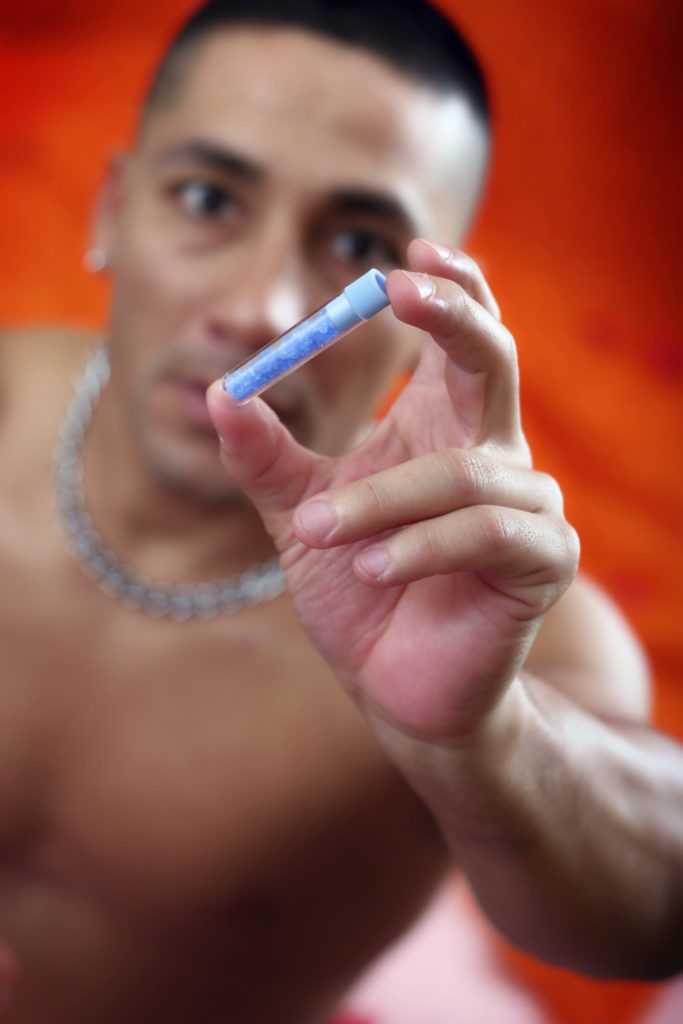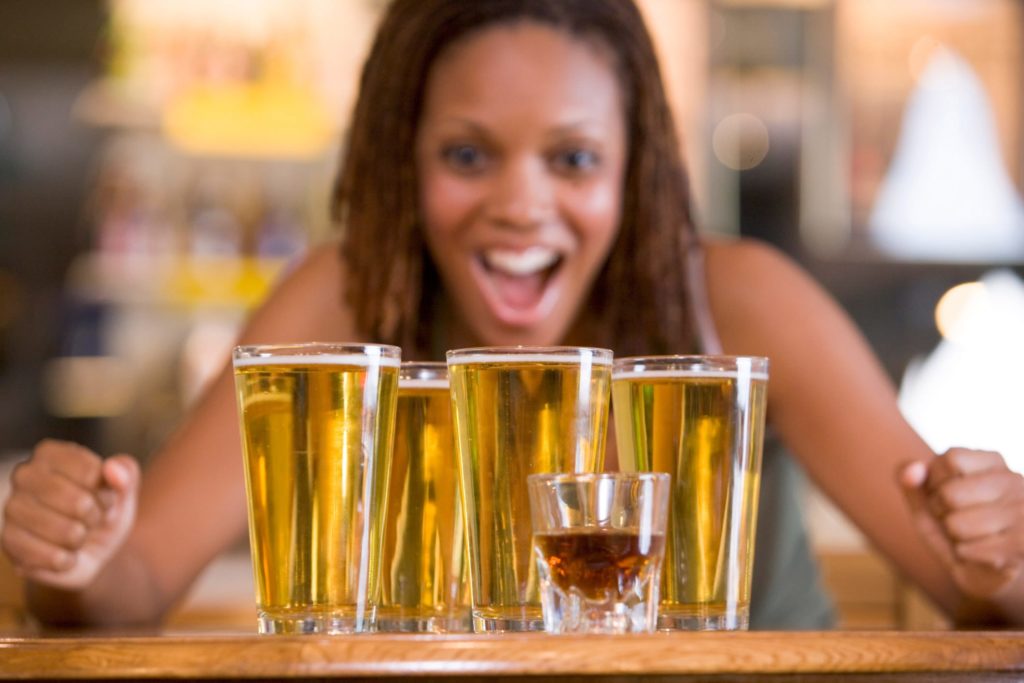Physical activity is the general term for any activity that involves body movement and increases the body’s rate of energy usage. Some activities result in relatively minor or moderate increases in energy usage, while others result in relatively high increases. According to the results of a study published in January 2014 in the journal Alcohol, people who participate in moderate levels of physical activity have an increased tendency to consume alcohol. This tendency appears to be largely connected to a personality trait called impulsiveness or impulsivity.
Physical Activity Basics
Doctors and public health officials consider physical activities that burn moderate or high amounts of energy as critical to ongoing good health. Forms of physical activity that typically consume moderate amounts of energy include walking at a brisk pace, bicycling at slow speeds or on flat terrain, playing doubles tennis, participating in water aerobics and gardening. Forms of physical activity that typically consume high amounts of energy include walking at an accelerated pace, jogging or running, bicycling at high speeds or on hilly terrain, playing singles tennis, participating in non-water aerobics and swimming or playing basketball. Both moderate and heavy activity produce benefits that include mood improvement, weight control, improved sleep, increased longevity and resistance to chronic disease. Conversely, people who don’t regularly participate in moderate or heavy physical activity typically have increased risks for a range of serious chronic ailments, including type 2 diabetes, strokes and heart disease.
Impulsivity Basics
As we move from adolescence to adulthood, humans naturally develop an increased ability to use past experiences as guideposts for current and future behaviors. Broadly speaking, this ability is known as executive function. Among other things, executive function helps restrain the short-term impulses or urges that naturally arise during any given individual’s daily life. While most adults achieve a baseline level of impulse control, some people either never fully develop their impulse control abilities or experience a decline in those abilities after they develop. Adults affected by an unusual inability to monitor and/or restrain their short-term urges and impulses have a personality trait called impulsivity. This trait can manifest in a number of ways, including a strong tendency to act without thinking, a strong tendency to react rapidly and spontaneously to changing internal or external circumstances, and a reduced ability to anticipate or acknowledge the types of negative behavioral outcomes that most other adults would recognize before acting.
Connection to Alcohol Consumption
In the study published in Alcohol, researchers from the University of Houston sought to determine how physical activity, impulsivity and alcohol consumption interact. They conducted this assessment, in part, because current scientific evidence indicates (rather counterintuitively) that people who exercise regularly may tend to drink more alcohol than people who don’t. Impulsivity has been especially implicated as a potential link between regular physical activity and increased alcohol intake. The researchers performed their work with the help of 198 undergraduate college students. Each of these students submitted information on his or her level of alcohol consumption and habitual participation in exercise. In addition, each student submitted information on impulsivity-related characteristics such as the tendency to seek out pleasurable rewards, the tendency to seek out situations that provide high levels of sensory stimulation and the tendency to act without thinking while in a positive or good mood. The researchers concluded that people who regularly participate in moderate exercise do indeed display an increase in alcohol consumption. However, people who regularly participate in heavy exercise do not share this characteristic. The researchers also concluded that two measures of impulsivity – sensation seeking and thoughtless action while in a good mood – largely account for the connection between moderate physical activity and heightened alcohol intake. Critically, this connection appears in people highly affected by impulsivity, but not in people only somewhat affected by impulsivity.
Significance and Considerations
Apart from any exercise-related considerations, impulsivity is known for its ability to increase the chances that any given person will develop diagnosable problems with alcohol or drug consumption. The authors of the study published in Alcohol believe that the impact of impulsivity on alcohol consumption in moderate exercisers is great enough to warrant significant concern. In line with this finding, they believe that recognition of the connection between moderate physical activity, impulsivity and alcohol intake can potentially help improve both the prevention of alcohol abuse and alcoholism (i.e., alcohol use disorder) and the treatment of these conditions in affected individuals.






